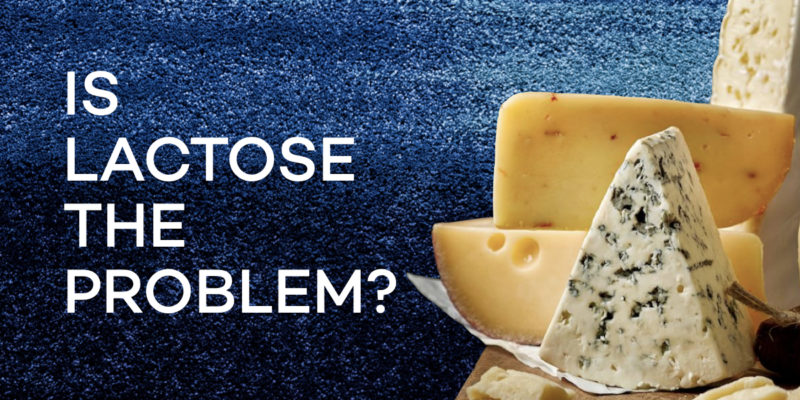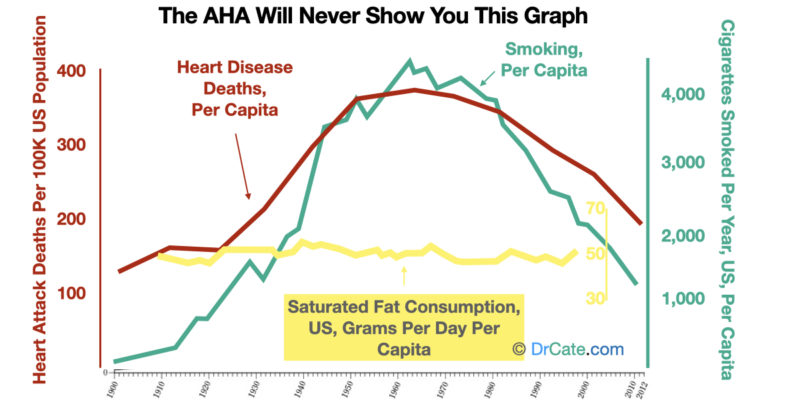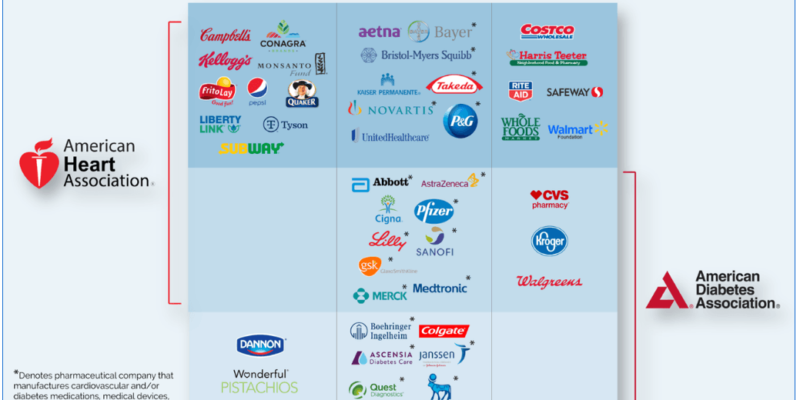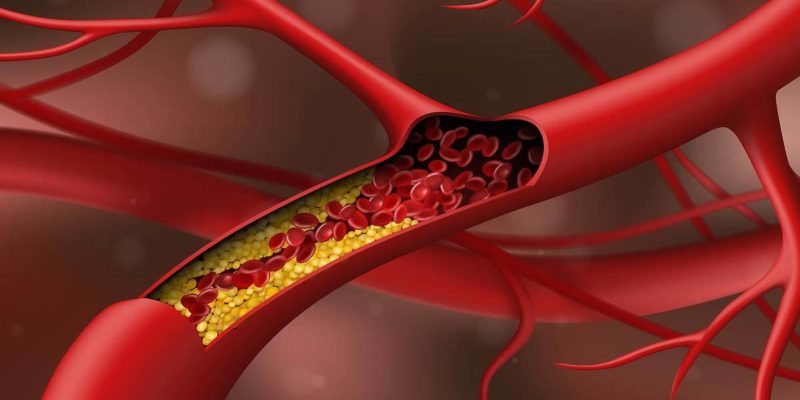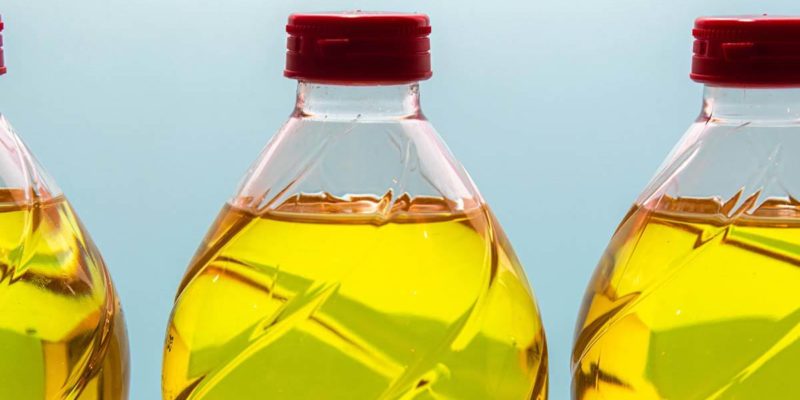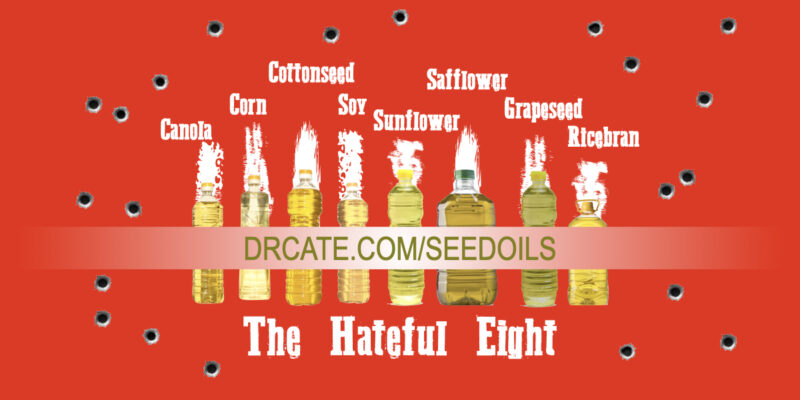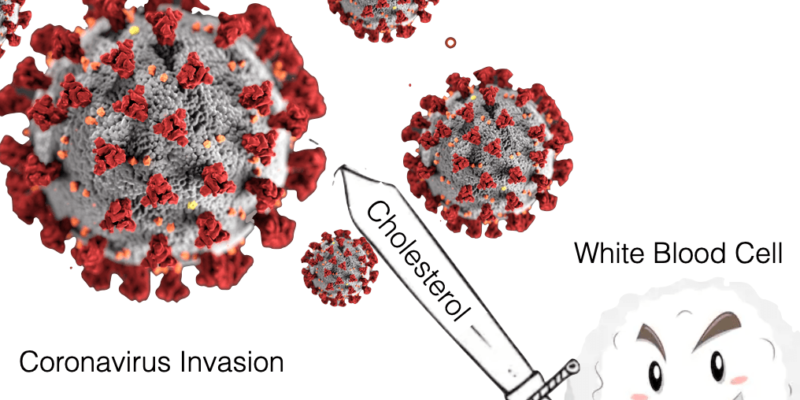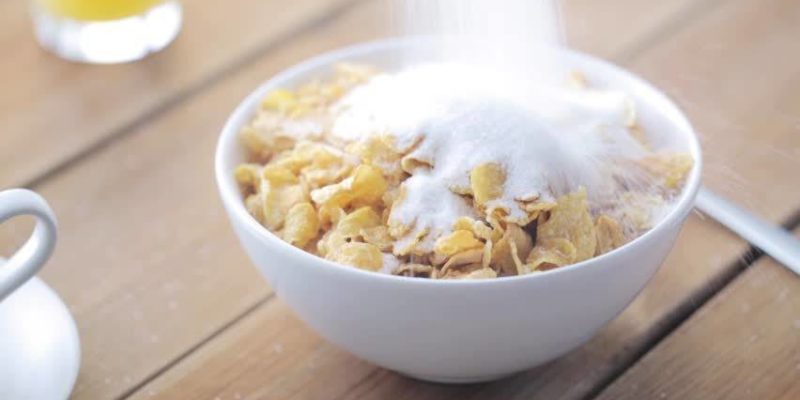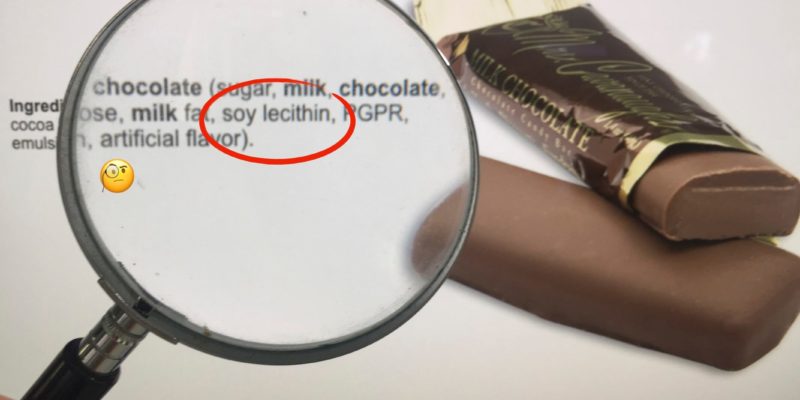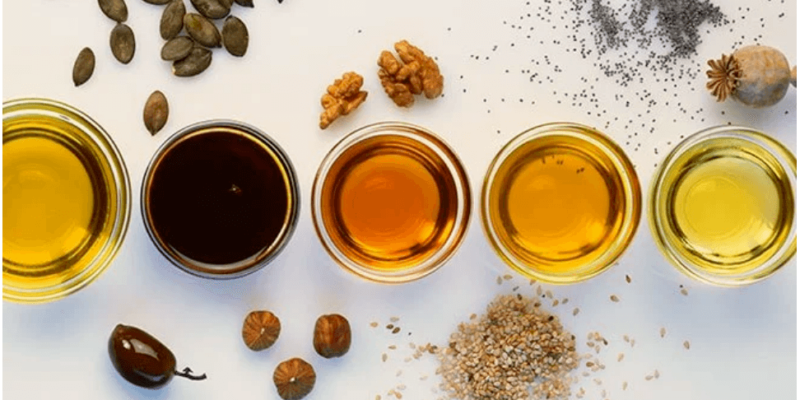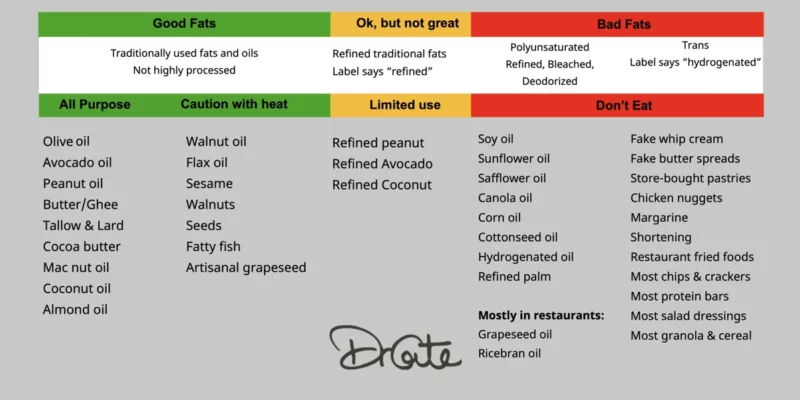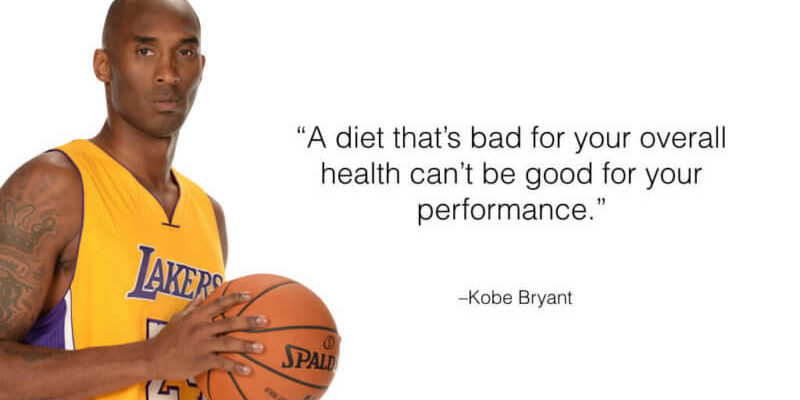Page Content: What is Lecithin and why is it in so many foods? Is soy lecithin bad (high PUFA)? What about Sunflower? Everything that applies to SOY lecithin also applies to SUNFLOWER lecithin How much soy lecithin is there in chocolate, ice cream and other products? Should I avoid chocolate or other foods that contain soy lecithin? What about other problems with soy like GMOs and phytoestrogens? If you’ve been reading labels lately, you might have noticed soy lecithin showing up on the ingredients list. If you haven’t, take a look the next time you buy prepared foods like chocolate,…
